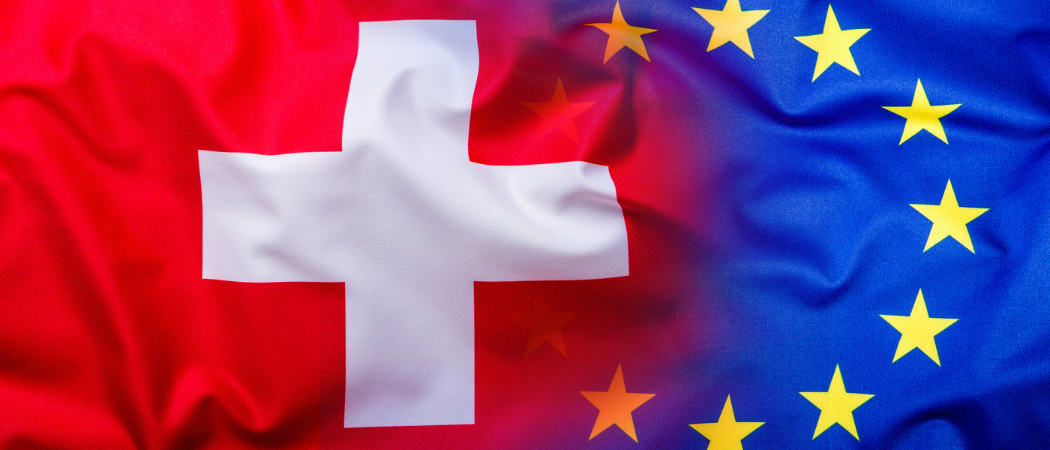The European Council has adopted a negotiating mandate with Switzerland. When talks formally begin, transitional measures will allow applications to the European Research Council this year, and the entire programme in 2025 if an agreement is reached in time

Member states have signed off a negotiating mandate with Switzerland, clearing another hurdle in talks that pave the way for Swiss researchers to apply for European Research Council (ERC) grants.
Switzerland has been locked out of Horizon Europe since Bern walked away from wider talks in 2021 to create a new legal framework for Swiss-EU relations.
Since then, though, technical talks have continued in the background, and last December the Commission and the Swiss government agreed on a Common Understanding that will be the basis for formal negotiations.
Today, member states signed off on that understanding, allowing talks proper to begin. Switzerland’s Federal Council had already approved its own mandate on 8 March.
“On the basis of the mandate, the Commission will now be able to engage in formal negotiations with Switzerland on the broad package of measures,” according to a statement from the European Council. “The negotiations are expected to start in the coming days.”
That matter for researchers because, as agreed in December, the EU will allow Swiss academics to apply for ERC grants under so-called transition measures when negotiations begin - before association is completely signed off and comes into effect.
These transitional measures will also apply to the entirety of Horizon Europe calls in the programme year 2025, but only once the chief negotiators on both sides agree on an association deal, and it is feasible that it will be signed off by EU and Swiss bodies before the end of 2025.
Swiss researchers will not receive any money, however, until association actually comes into effect.
The first ERC call that could be available would be the 2024 advanced grants, set to open on 29 May.
If Swiss researchers are once again allowed back into Horizon Europe proper, it will end a frustrating and damaging period for Swiss research that university rectors repeatedly warned was damaging the country’s research prowess.
During this period, Swiss researchers were able to apply to the ERC, but had to move to EU or associated countries to take up the grants. Swiss researchers were able to form part of Horizon Europe consortia, but were not able to coordinate them, and had to bring their own national funding.
Switzerland is one of the final remaining countries on the Commission’s association to-do list.
The UK, which had also been locked out due to wider political bickering, agreed association in September last year.
New Zealand and Canada, two democracies targeted by the EU for association, have agreed to association to pillar II of Horizon, which focuses on industrial consortia and global challenges research.
South Korea is set to sign a deal in the near future.
Only Japan remains distant from a deal, having opened exploratory talks in 2022.
Singapore has also been courted by the EU, but has not entered even early-stage talks.
Editor’s note: This article has been updated 13 March 2024 to clarify the conditions under which Swiss academics can apply for Horizon Europe calls in 2025.





 A unique international forum for public research organisations and companies to connect their external engagement with strategic interests around their R&D system.
A unique international forum for public research organisations and companies to connect their external engagement with strategic interests around their R&D system.